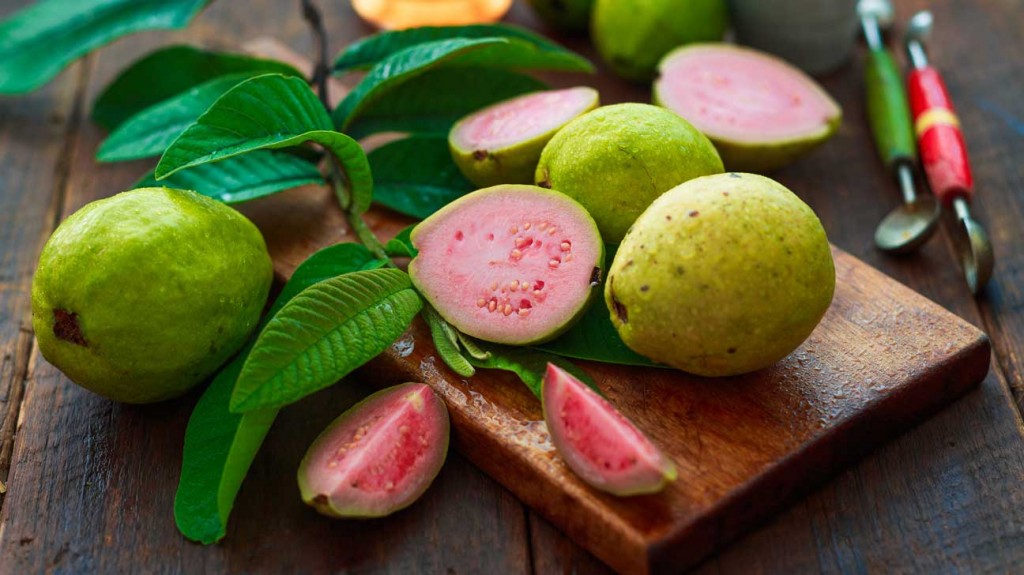How to treat oral thrush naturally?
Meaning: As per this shloka, a person who indulges in taking incompatible foods, excessive foods, overeating develops amadosha which is similar to poison. Hence, it is also called Amavisha.
(Reference: AstangaHridayaSutrasthanam, Chapter No. 8, Shlok No. 13 & 14)
As per Ayurveda aspect:
- In Ayurveda, candidiasis is considered as the deficient digestion or agnimandya. Agnimandya occurs due to the accumulation of toxins in the bloodstream which causes toxicity and results in the development of various health issues. It usually occurs at the seat of Vatadosha in the lower part of the digestive tract. As the ama gets accumulated in the large and small intestines which inhibits the normal flora from proliferating.
Three doshas that are responsible for candidiasis are explained below:
Vatadosha:
- It mainly occurs due to the excessive intake of sweet, bitter and pungent, wheat dairy and high protein rich diet items.
Pitta dosha:
- IT occurs due to the intake of spicy, sour, pungent and acidic foods.
Kaphadosha:
- Kaphadosha is aggravated due to the intake of oily, heavy and cold food items. Sleeping immediately after the overeating also generates ama in the body.
As per modern aspect:
- Oral thrush is also known as oral candidiasis in which the fungus Candida albicans accumulates on the lining of the mouth. Candida is present as a normal organism in the mouth but sometimes due to the overgrowth, it can cause various symptoms. It causes creamy white lesions in the tongue or inner part of the cheeks. It may also spread to the roof of the mouth gums, tonsils or back of the throat.
How oral thrush can be caused?
- Generally, the immune system works to repel the harmful invading organisms such as bacteria, fungi or virus while maintaining a balance between good or bad microbes that inhabits the body. But in some of the cases, these protective mechanisms fail and there is an increase in the number of candida fungi and allows the oral infection to take hold.
Here are some risk factors that increase the chances of oral thrush:
- Weak immune system: It is likely to occur in infants and older adults due to the weak immune system. Some medical conditions suppress the immune system such as cancer, HIV/AIDS, organ transplant, etc.
- Diabetes: If the blood sugar is not under control or the diabetes mellitus remains untreated then the saliva contains a large number of sugars which encourages the candida growth.
- Vaginal yeast infections: Vaginal yeast infections are caused due to the fungus that causes oral thrush.
- Medications: Medications such as prednisolone, inhaled corticosteroids, or antibiotics disturbs the natural balance of microorganisms in the body which increase the risk of oral thrush.
- Other oral conditions: Wearing dentures mainly the upper dentures or other conditions that cause dry mouth increases the risk of oral thrush.
Other common causes are:
- Use of antibiotics for a longer period of time or at a high dose.
- Having poor oral hygiene
- Dry mouth due to a medication or any medical condition.
- Smoking
- Having radiotherapy or chemotherapy for treating cancer.
Babies or elder people are a high risk of developing oral thrush or people with some other conditions such as vitamin B12 deficiency or iron deficiency or underactive thyroid.
What are the symptoms of oral thrush?
In the early stages, oral thrush may not cause any symptoms but when the infection gets worse one or more symptoms of the following may develop:
White or yellow colored patches of bumps in the inner part of the cheeks, tongue, gums, tonsils or lips.
- Burning sensation in the mouth
- Slight bleeding if the gumsare scraped
- Cotton-like sensation in the mouth
- Dry and cracked skin at corners of the mouth
- Difficulty in swallowing
- The bitter taste of mouth or loss of taste
- In some of the cases, it can affect the esophagus though this is uncommon.
How oral thrush can be treated naturally?
- Planet Ayurveda is one of the most fast-growing Ayurvedic clinics of India that has come up with a wonderful combination of herbal remedies which manages the symptoms related to oral thrush which is oral thrush care pack.
- These This pack is prepared from the pure, authentic and best quality herbs that strictly follow the principles of Ayurveda. These are free from additives, chemicals, fillers, and preservatives. These are purely vegetarian and are not tested on animals.
Gandhak Rasayana:
- Gandhak Rasayana is made from the shuddhgandhak (purified sulfur) in which the word rasayan means rejuvenation. As it has a natural property to rejuvenate the body without any side effects. These tablets have antibacterial, anti-viral, antipruritic and anti-inflammatory properties. In Ayurveda, it is considered as a raktashodhaka (blood purifier) and also helps to balance the Vata, pitta as well as KaphaDosha.
Dosage: 1 or 2 tablets twice or thrice daily with plain water after meals.
Manjistha Capsules:
- Majistha capsules are formulated with the pure and standardized extra extract of manjistha. This herb works both as internally or externally to promote skin growth and luster.
- It also treats the cracked skin and promotes the healing process of skin tissues. Being a blood purifier it removes the toxins and acts as a strong antioxidant as well as astringent. These capsules are used as the best alternative to chemical-based skin treatment.
Dosage: 2 capsules twice or thrice daily with plain water after meals.
Arjun Saar and Gum Care Powder:
- Arjun Saar contains arjuna and amla in it because these wonderful herbs have a great combination of anti-inflammatory, anti-oxidant, anti-fungal and immunity boosting properties it in. This formulation is rich in antioxidants, flavonoids, vitamins, and minerals such as calcium, magnesium, copper, and zinc.
- Gum care powder is a natural herbal formulation that maintains the hygiene and healthy condition of the oral cavity which includes the tongue, teeth, oral mucosa, and gums. This formulation acts as a total mouth rehab. It contains herbs like haritaki, sonth, karpur, poog, Marich, khadir, twak, lavang, safatika, etc. All these herbs reduce the inflammation by releasing the abscess.
Usage: Rinse with water alternatively once in a day.
Acido Plan Syrup:
- Acido plan syrup is the herbal liquid formulation used for the management of acidity. This formulation absorbs quickly in the body and provides instant relief. It contains a standardized extract of a powerful combination of herbs such as Triphala (haritaki, bibhitaki and Amalaki), saunf, ghritkumari, patola, pittapapada, Shatavari, sajjikshar, and kokum. These herbs are effective in treating nausea, dyspepsia, loss of appetite, acute gastritis and mucosal damage.
Dosage: 1 to 2 teaspoon twice or thrice daily with plain water after meals.












